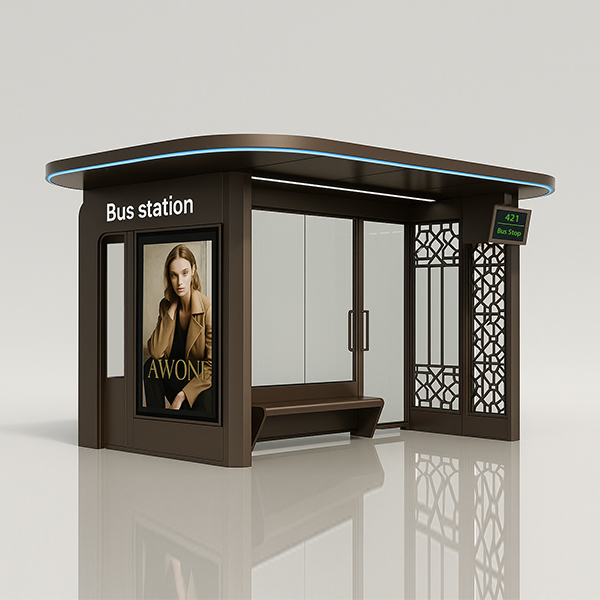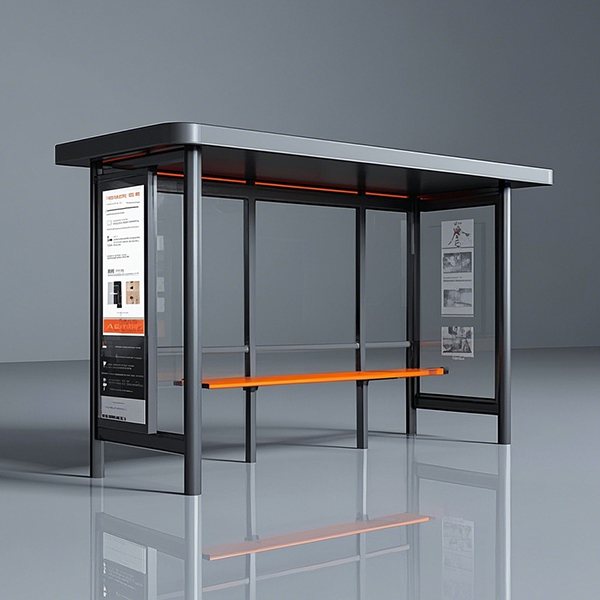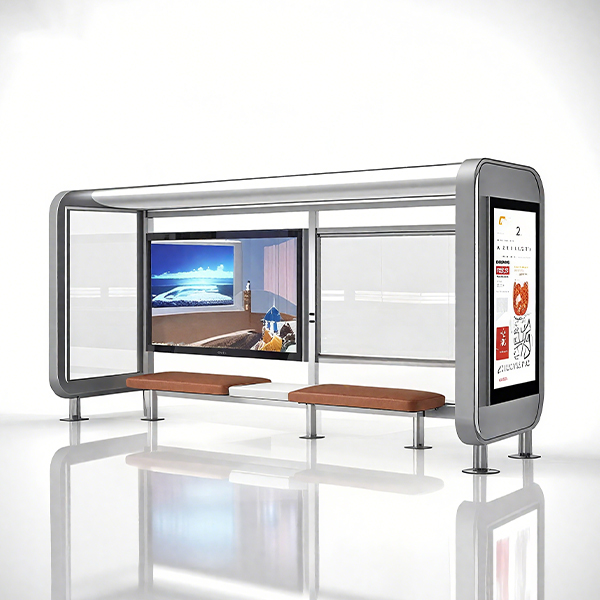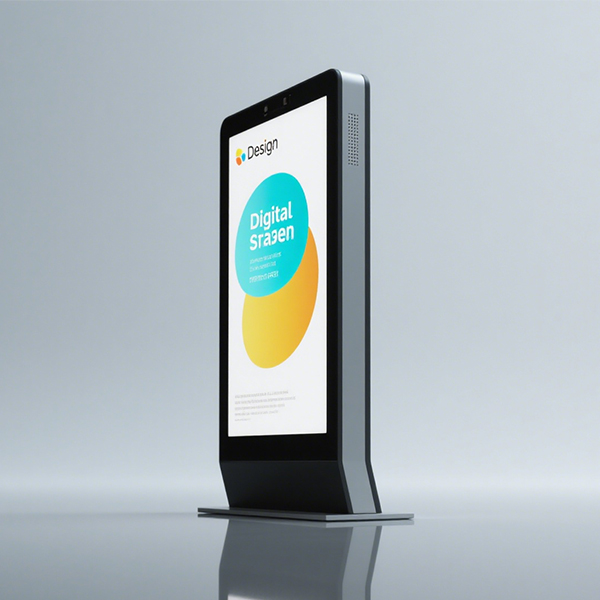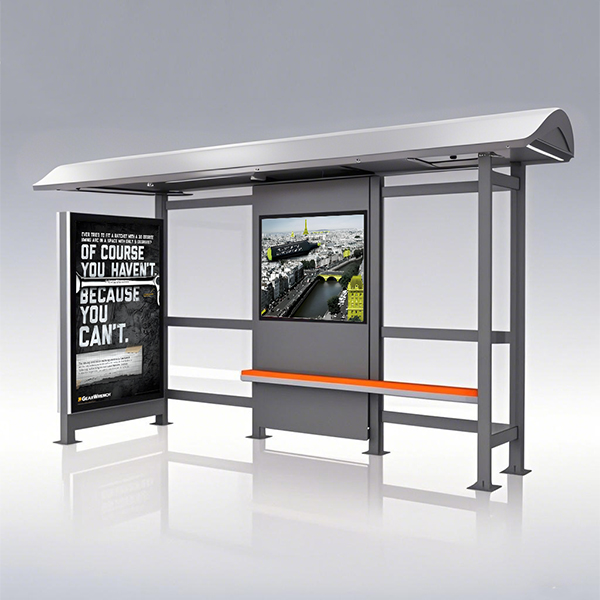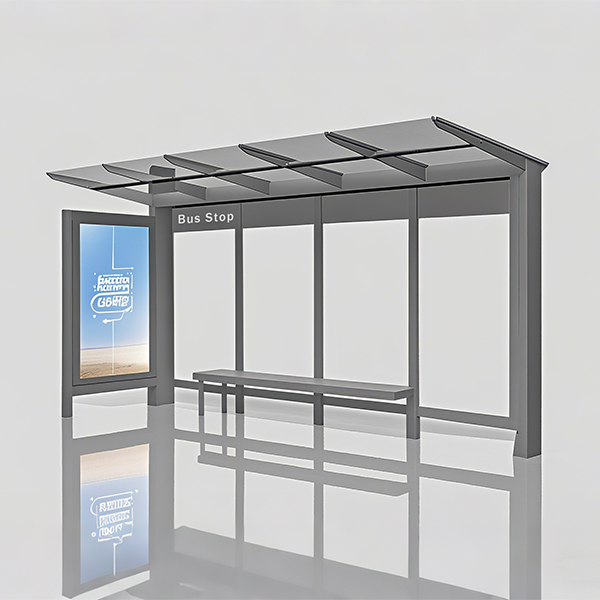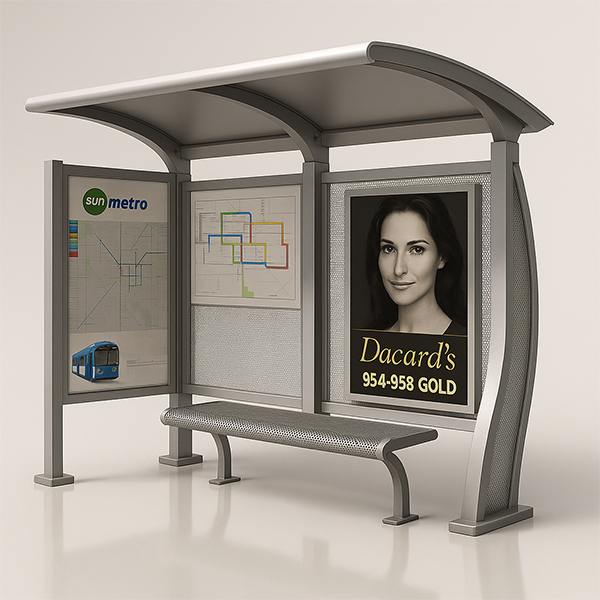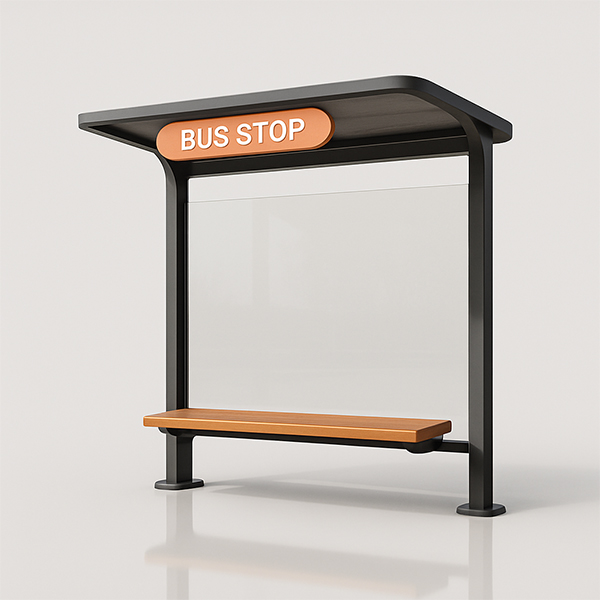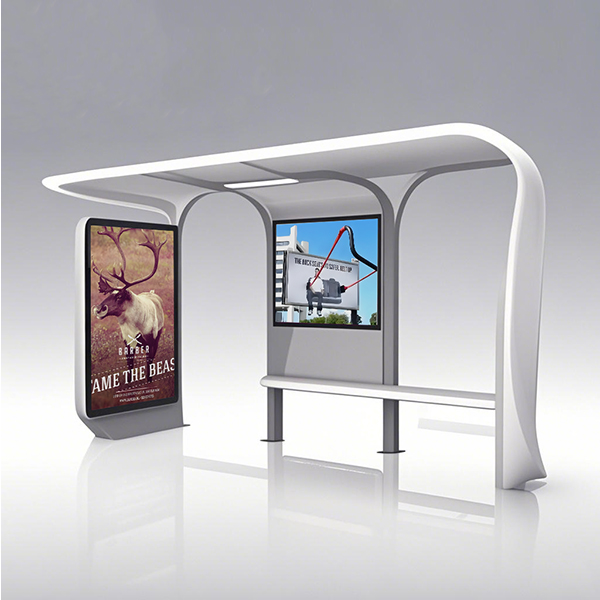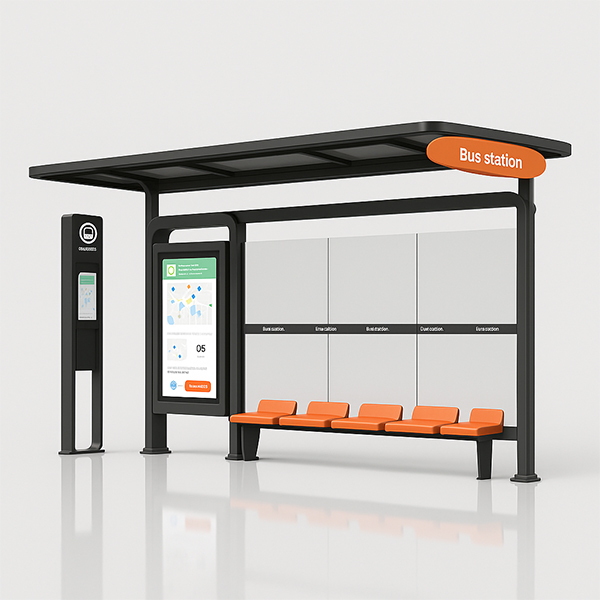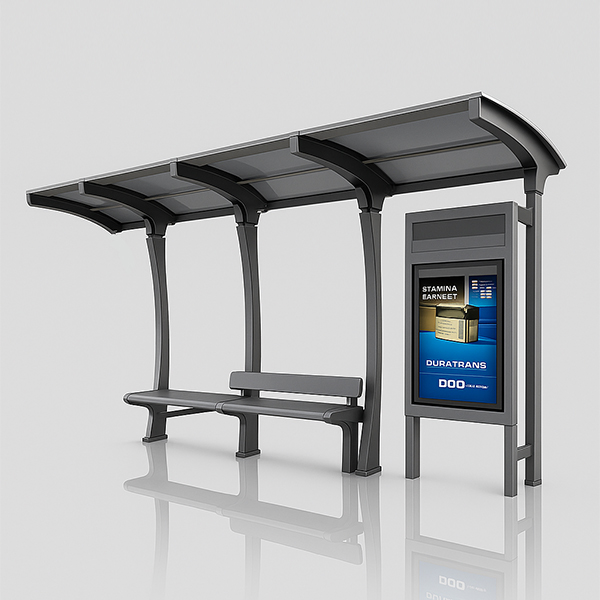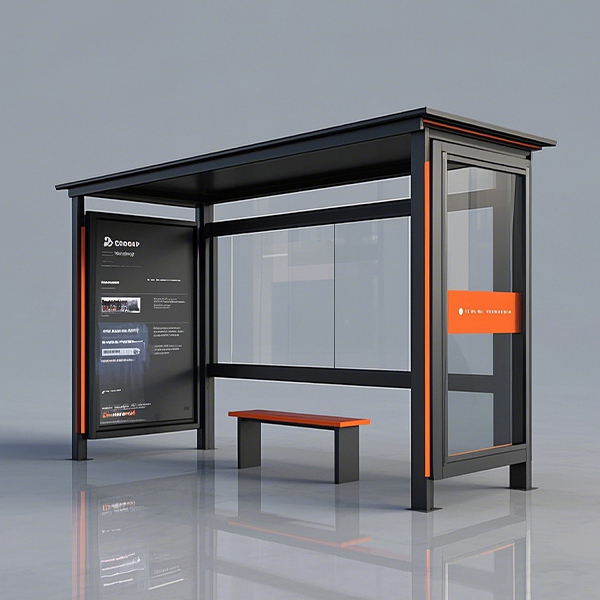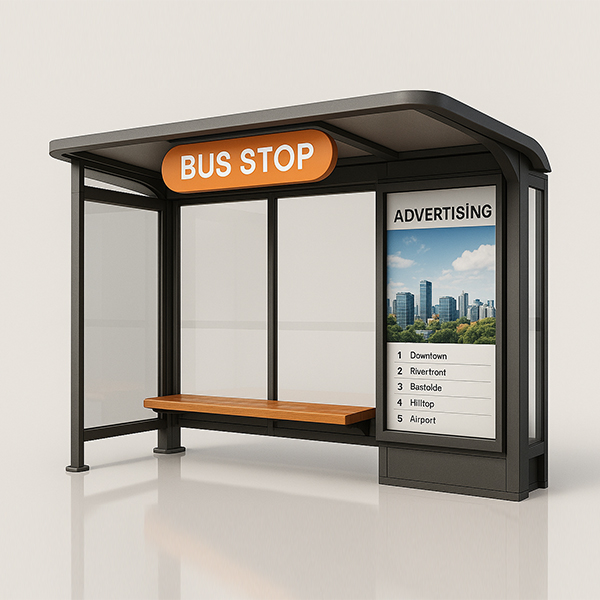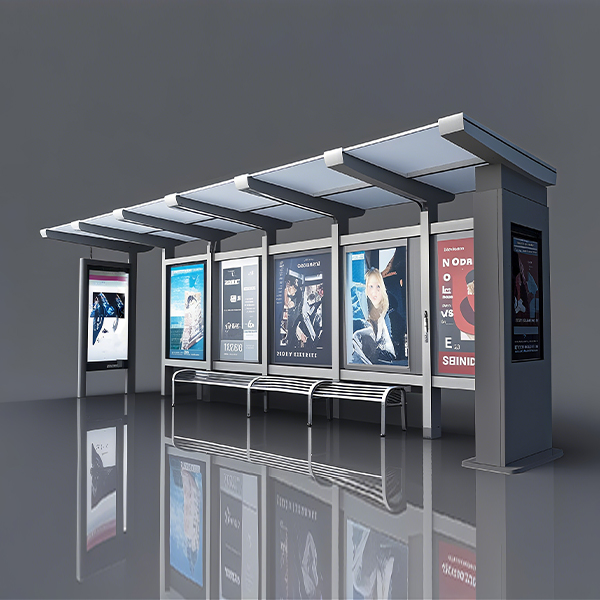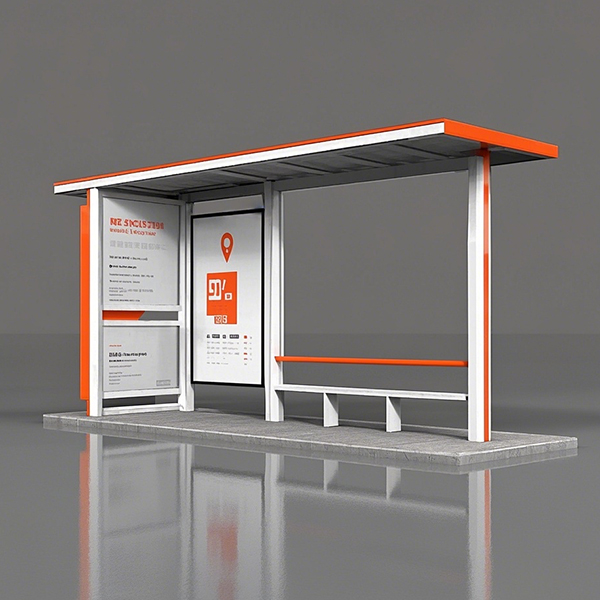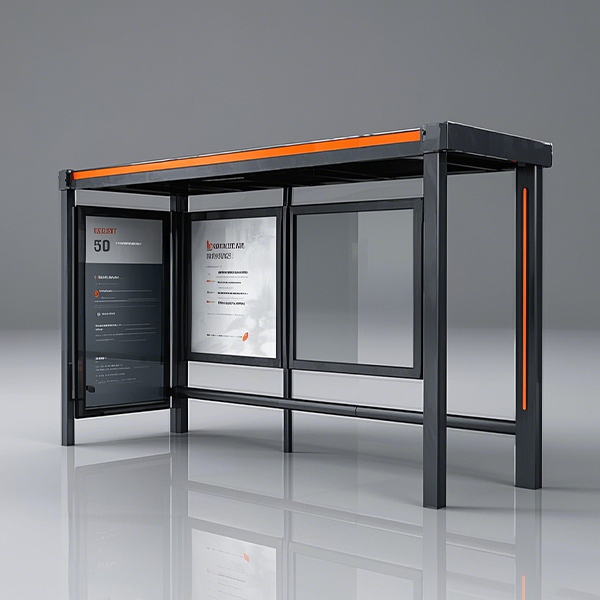
solar powered bus shelter
Discover how solar powered bus shelters are transforming public transportation, offering sustainable solutions that improve passenger experience and reduce environmental impact. Learn about their features, benefits, installation, and the future of this innovative technology.
The Rise of Sustainable Public Transportation
Cities worldwide are increasingly focused on sustainable urban development, and public transportation plays a vital role. Traditional bus shelters often lack amenities and rely on the grid for power. Enter the solar powered bus shelter – a game-changer in creating greener, more comfortable transit experiences. These shelters harness the power of the sun to provide various features, making commutes more enjoyable and environmentally friendly.
Key Features of Solar Powered Bus Shelters
Energy Efficiency and Sustainability
The most significant advantage is their sustainability. By utilizing solar energy, these shelters significantly reduce carbon emissions compared to traditional shelters reliant on the electrical grid. This aligns with global efforts to combat climate change and promotes a greener urban landscape. Many models integrate energy-efficient lighting and other components, further minimizing their environmental footprint.
Enhanced Passenger Comfort
Modern solar powered bus shelters offer a range of passenger-centric features. These often include integrated lighting for improved visibility at night, USB charging ports for mobile devices, and even Wi-Fi connectivity. Some shelters even incorporate digital displays showing real-time bus arrival information, improving the overall passenger experience.
Durable and Low-Maintenance Design
These shelters are typically constructed using durable, weather-resistant materials designed to withstand various climatic conditions. Their solar power systems often require minimal maintenance, reducing long-term operational costs for municipalities and transit agencies. This makes them a cost-effective solution in the long run.
Smart Features and Integration
Many advanced solar powered bus shelters incorporate smart technology. This can include features like real-time passenger counting, environmental monitoring sensors, and integrated security systems. This data can be used to optimize bus routes, improve service efficiency, and enhance overall safety.
Choosing the Right Solar Powered Bus Shelter
Several factors need to be considered when selecting a solar powered bus shelter. These include the shelter's size and capacity, the available solar irradiance in the location, the specific features needed (lighting, USB charging, Wi-Fi), and the overall budget. Consulting with a reputable supplier, like Shandong Luyi Public Facilities Co., Ltd., specializing in sustainable public infrastructure solutions, is highly recommended.
Comparison of Different Solar Powered Bus Shelter Models
| Feature | Model A | Model B | Model C |
|---|---|---|---|
| Solar Panel Capacity (Watts) | 300W | 500W | 700W |
| Lighting | LED | LED + Ambient | LED + Ambient + Dynamic |
| Charging Ports | 2 USB | 4 USB | 4 USB + Wireless Charging |
| Wi-Fi | No | Yes | Yes (High Speed) |
Note: Specifications are for illustrative purposes only and may vary depending on the manufacturer and model.
The Future of Solar Powered Bus Shelters
The continued advancements in solar technology and smart infrastructure will lead to even more innovative and efficient solar powered bus shelters. We can expect to see further integration of smart features, improved energy storage solutions, and increased design versatility to better suit diverse urban environments. The future of public transportation is undoubtedly greener and smarter, thanks to this sustainable innovation.
This information is for general guidance only. Always consult with relevant professionals for specific advice related to your needs.
Соответствующая продукция
Соответствующая продукция







